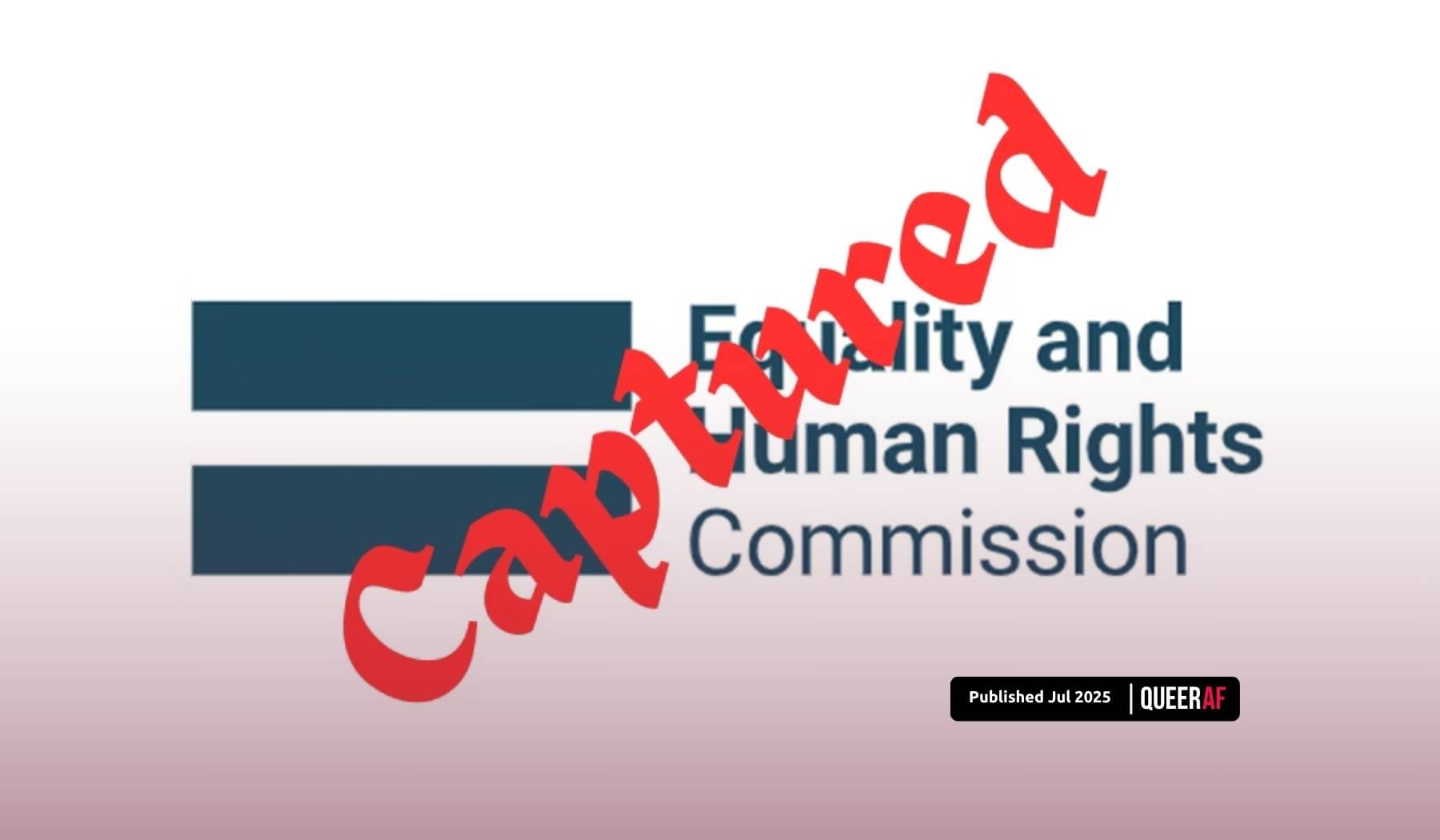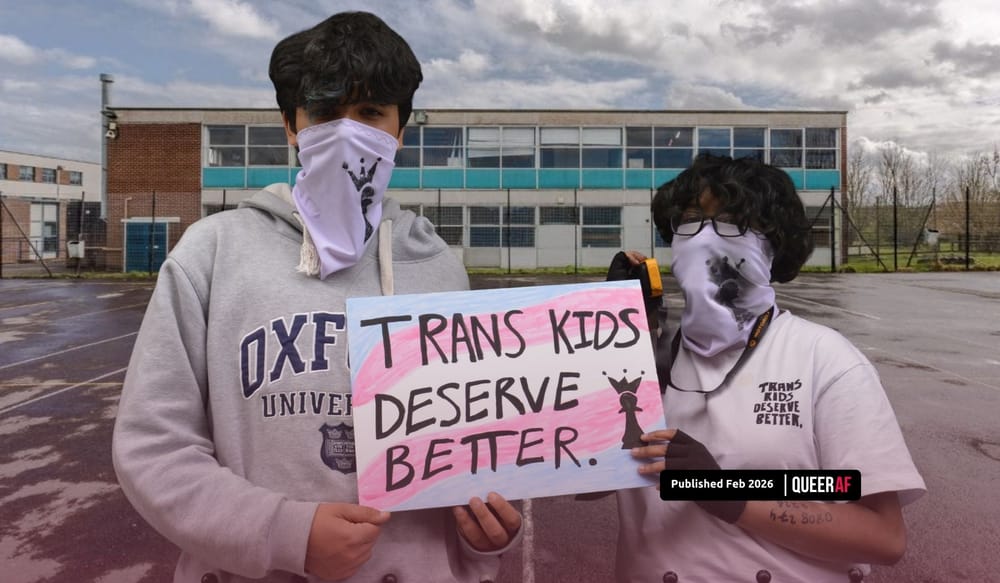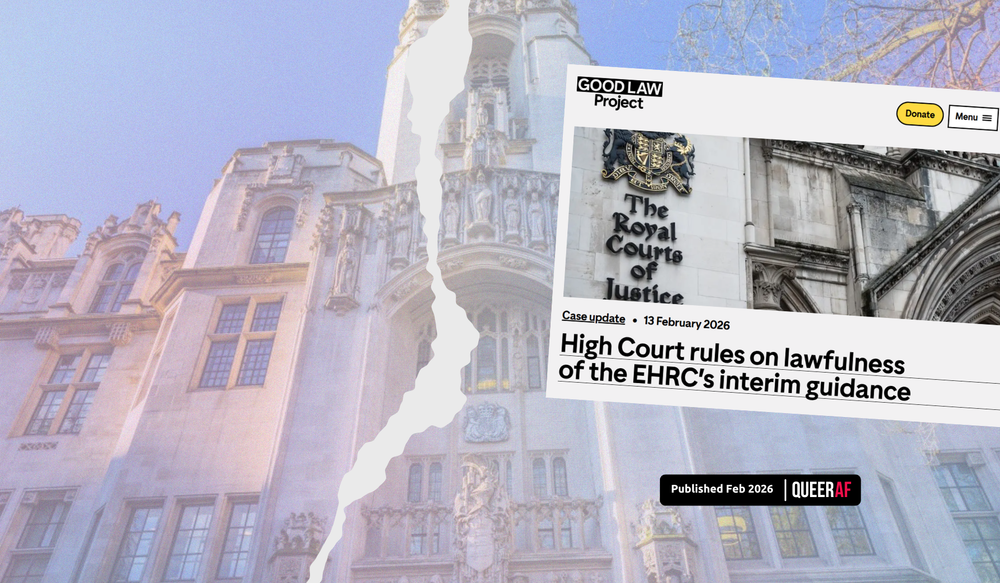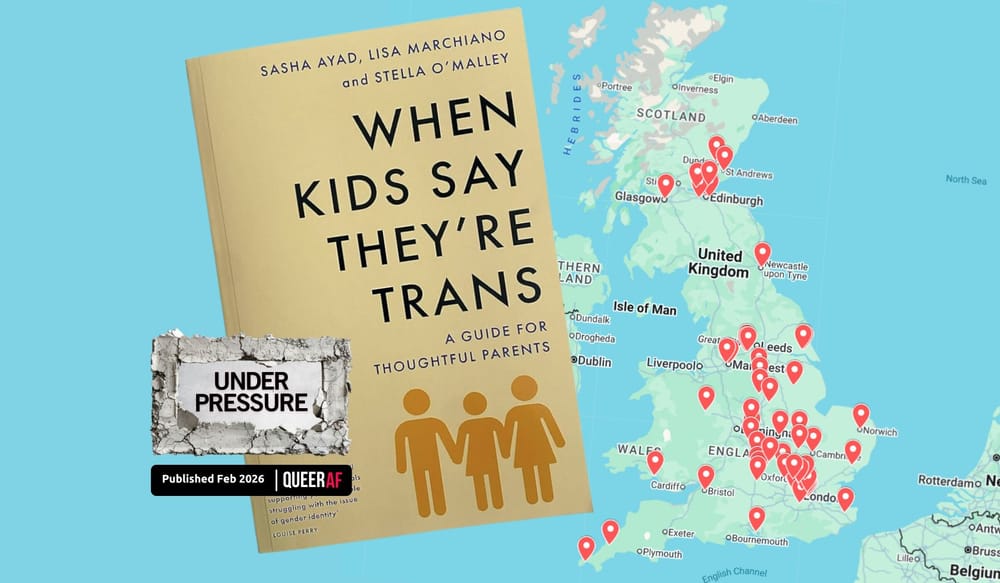TL;DR: The Trans Advocacy and Complaints Collective (TACC) has obtained over a hundred pages of emails which reveal a trove of correspondence between EHRC senior leadership and gender critical lobbying group Sex Matters, including private meetings with the EHRC Chair and CEO.
Internal emails obtained through a freedom of information request suggest that the Equality and Human Rights Commission (EHRC) may not be acting as a neutral regulator in matters of gender and equality. The correspondence, spanning over a hundred pages, raises serious concerns about the commission's impartiality and its relationships with gender-critical lobbying groups.
The emails show a close relationship between EHRC senior leadership and Sex Matters, along with frequent exchanges with Transgender Trend and its director, Stephanie Davies-Arai. They include arrangements for private meetings with the EHRC Chair and CEO, as well as clear examples of backchannel lobbying and the acceptance of policy proposals that exceed the norms of public consultation.
TACC argue that this behaviour reflects a significant departure from the impartiality you'd expect from a regulator, suggesting an institutional bias that favours certain groups over others.
In a report published to their website, TACC said:
"This isn’t just about emails. This is about a public body entrusted with safeguarding the rights of all of us, especially the most marginalised. And it’s about that body allowing itself to be steered by one political faction, behind closed doors, while hiding behind procedural language and vague promises of balance."
EHRC granted preferential treatment to gender critical lobbying groups
The emails reveal that Sex Matters was granted priority access to the EHRC, receiving personal responses from Baroness Kishwer Falkner and invitations to meetings at the commission's headquarters. Their suggestions were not only welcomed but, in some cases, incorporated verbatim into updated EHRC guidance.
The EHRC's also accepted extended submissions from Sex Matters on its code of practice consultation, after the group complained about its restrictive 250-word character limit. This workaround appears to have been uniquely available to Sex Matters, allowing them to exert considerable influence over national equality policy without the usual checks and balances.
In another example, when Sex Matters sought a private meeting regarding sports policy, EHRC staff initially directed them to the public consultation but ultimately met with them anyway. The group's feedback was not only acknowledged, but actively integrated into the EHRC's draft guidance and policy frameworks.
Transgender Trend, which advocates for the rollback of transgender inclusion in schools and public life, was also frequently included in joint submissions and correspondence. It appears that the EHRC may have considered their combined views as a "unified stakeholder position," TACC say.
Analysis:
Questions are being raised about the EHRC's commitment to its mandate of promoting equality and human rights for all, and whether it can continue to function effectively as an impartial regulator in the face of such allegations.
The evidence points to this being a clear case of campaign groups calling the shots behind closed doors. A lot of it is dressed up in procedural jargon and the appearance of impartiality.
Another email provides more damning evidence: in June 2024, before the general election, the EHRC attempted to keep its meeting with Sex Matters private. This was done specifically to avoid political scrutiny during a “sensitive pre-election period.”
In an email to Maya Forstater, a senior EHRC official wrote:
“Our subjects of discussion are potentially politically sensitive, particularly in light of very recent media activity, so I wanted to check with you ahead of our meeting whether you would be content for this to be a fully private meeting, with no material or information published or shared?”
They also said:
“If you have a policy of transparency… could I please request that we delay this meeting until after the election?”
When you look at all the evidence, the consistent attempts by Sex Matters and Transgender Trend to influence policy coupled with the EHRC's insistence on avoiding transparency means that the body has some serious work to do to restore trust in its function as an impartial regulator.
Trans people, and the queer community, deserve a regulator that stands up for their rights - free from interference or political bias.

A HUGE thank you to our supporters
Thank you so much for supporting QueerAF's pride month membership drive. Thanks to a surge of donations and memberships in the final hours, we smashed our crowdfunding target.
It's going to put QueerAF in a much stronger position over the next year to pursue investigations, hold power to account, and invest in a new generation of LGBTQIA+ creatives - who we'll support to change the media.
Our Pride month sale may be over, but if you can support us, you can join over 600 QueerAF members from as little as the price of coffee each month.











